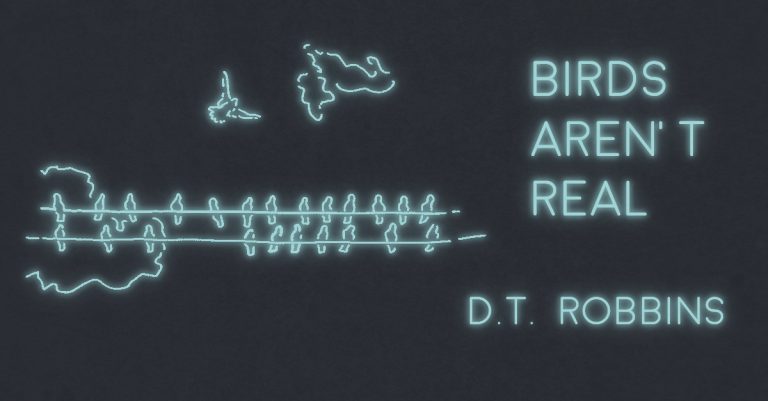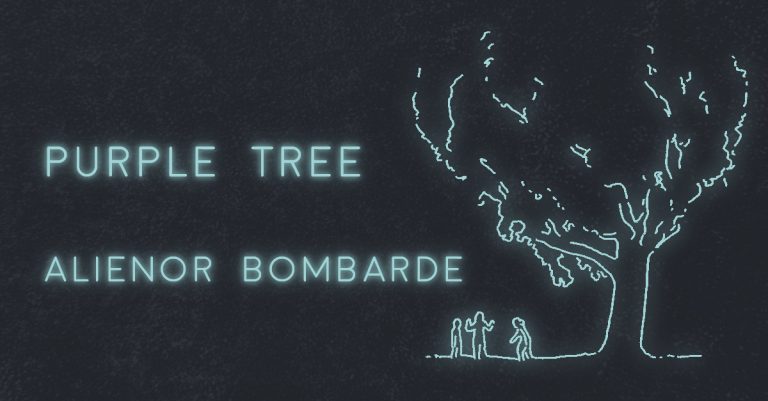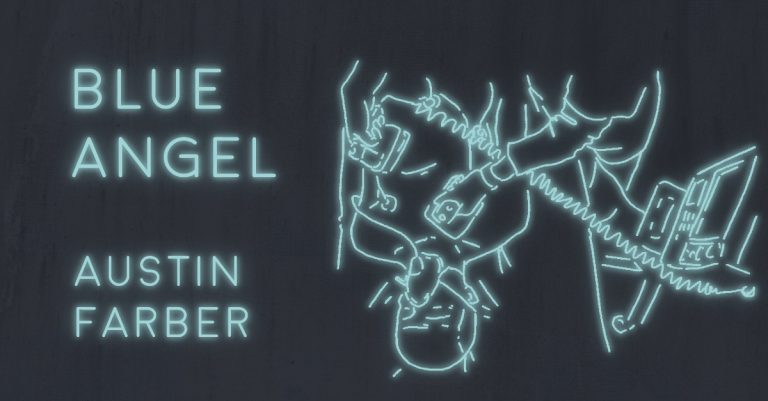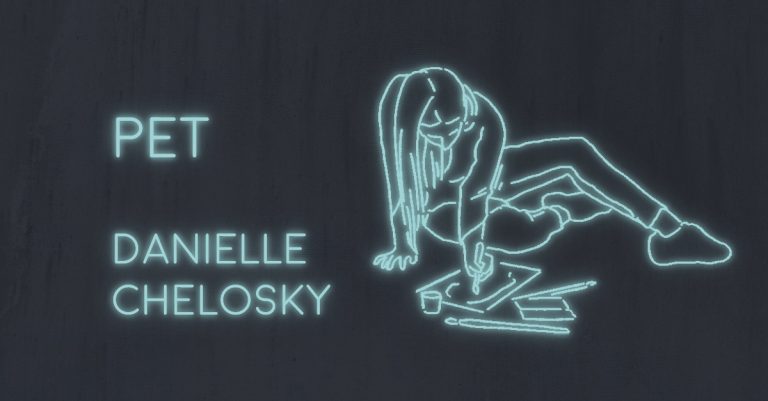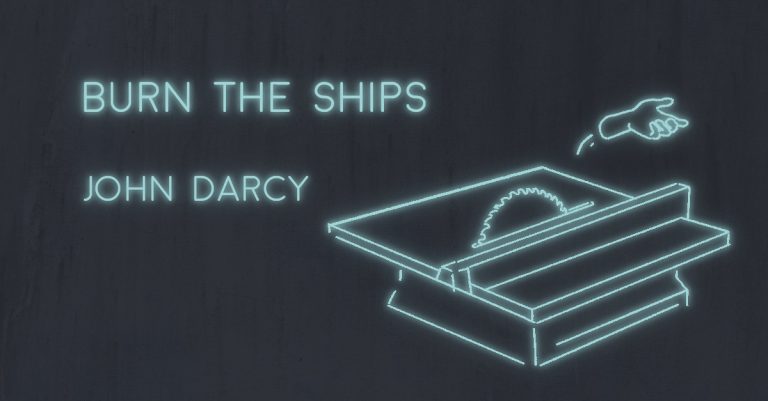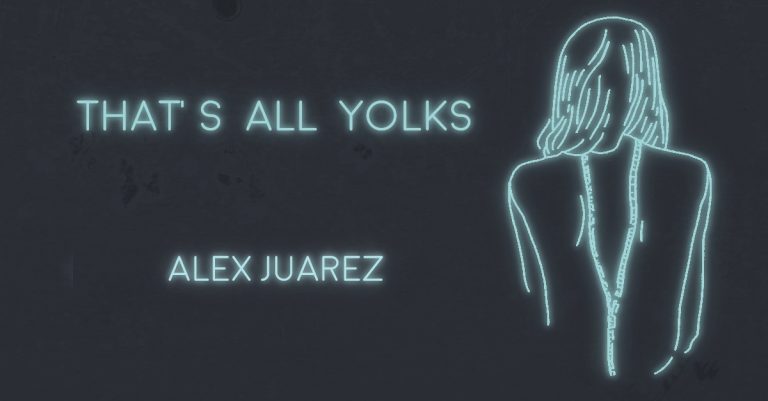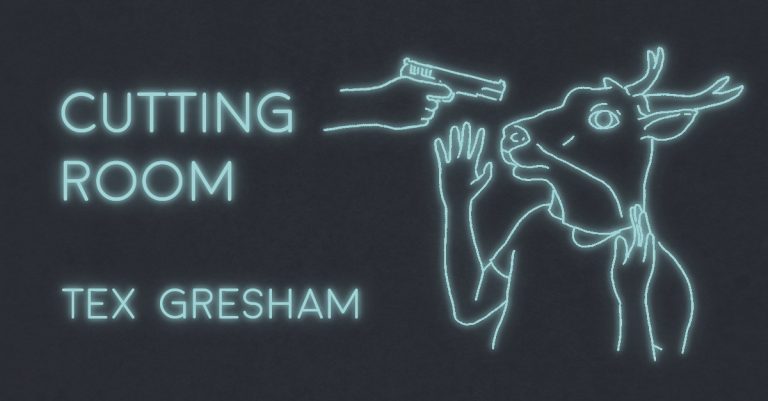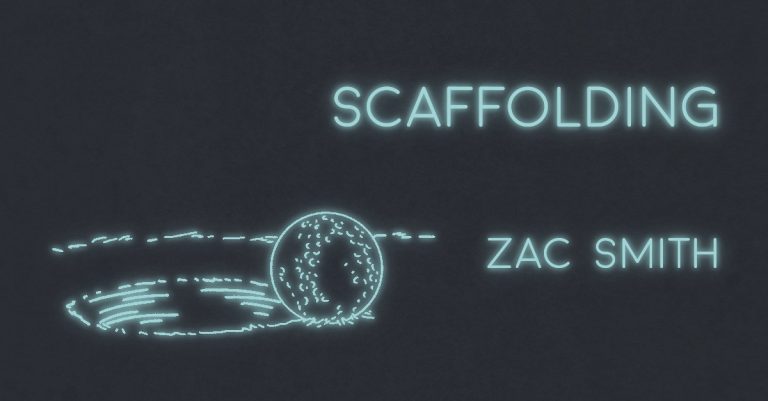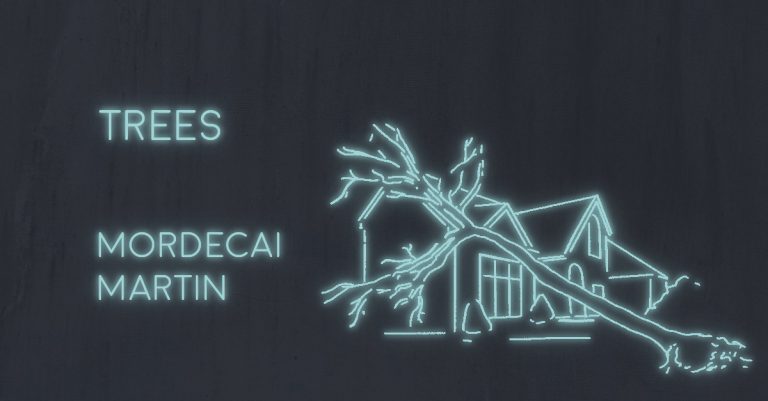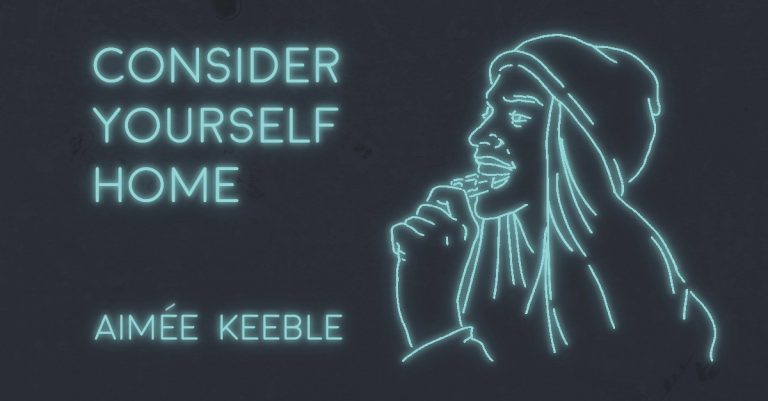
CONSIDER YOURSELF HOME by Aimée Keeble
You and I at the window with our bandit teeth all exposed. Mine tallow, yours anodizing with the stale gold of nicotine, crap coffee that lives petrified in a jar. I’m your artful baby and I slip into shops first and blast back my chest. Hiya! And you coyote low behind me scoping with your dull sly eyes. Side by side at a counter and you’re velvet and torn at the creases but I’m no better (no worse) and my shirt is soppy and sags, better to stuff the gaps with. We’re proud as we unwrap our sandwiches in front

